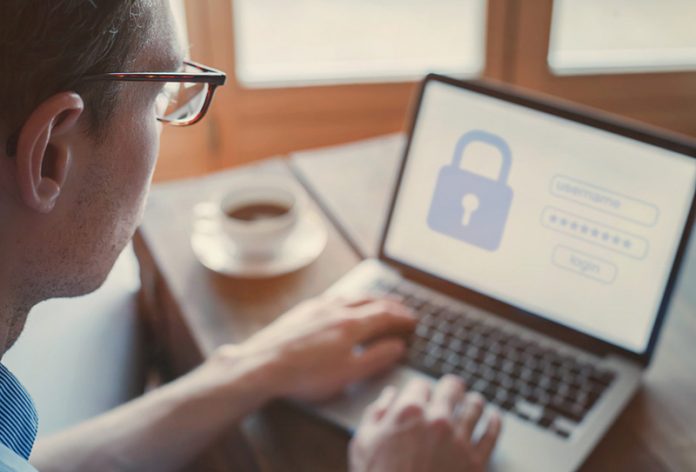In case you didn’t know, your IP address can disclose a great many things about you as an internet user. Just like you have your unique Social Security number like 192.168.1.1, your internet-enabled device also has a unique identification number – an IP address.
IP stands for Internet Protocol and is the unique identifier of your device on the internet. Your IP can tell a lot of things about you. For starters, your geolocation. Since there is no way around having an IP address, if you want to enjoy all the perks of the internet, let’s talk about what your IP can reveal about you and the things you can do to protect it.
Your IP address reveals your personal information
One of the things that your IP address can reveal about you is your geolocation. While it doesn’t include your personal information like your phone number or name, it can reveal your area code, ZIP code, or your city.
In other words, third parties can use your IP to find out where you are located and where your internet connection is coming from. That’s the main reason why IPs change every time you use a new router or a new location to connect to the web.
But third parties must uphold geolocation compliance for verification, marketing, or other purposes. For instance, the government mandates gaming and lottery companies to ensure that wins and bets are exclusively placed from within authorized regions before they can accept them. To meet this requirement, gaming compliance services can help.
Aside from your geolocation, third parties can also find out some other things like your ISP’s name and location, as well as your online activity or your personal and private information. Each time you connect to the internet, your IP reveals the address of your router that stores the IPs of your internet-connected devices.
Every action you take online leaves a digital footprint, and IP grants you access to the online world. The problem is that the online world can view your IP address, just like hackers and cybercriminals can. They can use your IP address to, say, target you with DDoS attacks.
Why would anyone want to know your IP address?
While it isn’t generally dangerous for others to know your IP, it all comes down to who wants to know it in particular. Here’s a list of third parties who might be interested in your IP address:
- Marketers, advertisers, and retailers – marketers, and advertisers need your IP to send you relevant services and products, while retailers use it to verify your payment method’s mailing address.
- Authorities – governments monitor illegal activities using IPs.
- Employers – modern companies will check your IP to see your online activities and behavior.
- Subscription services – companies providing subscription services rely on IP addresses to make their services available or not available, depending on the users’ location.
- Blacklist databases – they need users’ IPs to block spammers.
- Social media platforms – use IPs to block users.
- Hackers and cybercriminals – hackers can install malware on your devices using your IP, while cybercriminals need IPs to launch cyber-attacks.
In the digital world, everyone wants your IP, but not all of them have bad intentions. Most services running on the web rely on your IP to secure your money transfers, ensure your safety, and check your activities.
However, some hackers and cybercriminals want to steal your personal information and sell or use it for their own purposes. Because of that, there are certain things you can do to ensure your private and personal information, including your IP, doesn’t fall into the wrong hands.
Things you can do to protect your IP address
If you want to protect your IP, the best way is to hide it. Here are two ways you can do that.
Use a VPN
Choosing a reliable VPN service provider is one of the best ways to hide your IP address. A VPN app can hide your traffic by encrypting it, sending it through its VPN server, and assigning it a virtual IP that ensures your online traffic remains hidden.
When employing a VPN to safeguard your IP address, select a reliable VPN service through user reviews. Prioritize those with robust encryption and a no-logs policy to protect your data and privacy. Also, activate the kill switch in VPN settings to halt internet connection if the VPN drops unexpectedly, shielding your IP.
Opt for servers near your location for faster connections. Regularly update your VPN software for the latest security enhancements. While free VPN options exist, paid services usually offer better performance. Disable GPS on mobile devices to safeguard your location. Implement two-factor authentication for added account security.
Additionally, use online tools to check for IP leaks and prefer websites with “HTTPS” for encrypted browsing. Be cautious with public Wi-Fi networks. Remember that VPNs do not excuse illegal online activities. Understand a VPN’s limitations and complement its use with other security measures. Stay informed about evolving online safety practices for enduring protection.
Use Tor
Tor is an excellent browser for ensuring additional layers of privacy and anonymity when you’re browsing the web. It hides your online traffic, keeps your activities private, and provides a high level of encryption to keep your IP safe.
Conclusion
Your IP address is your ID in the online world. However, even though it can reveal your geolocation, there are some things you can do to prevent this and make sure your online activities remain personal, anonymous, and safe. The more you know about it, the more you’re able to protect your online privacy.


































